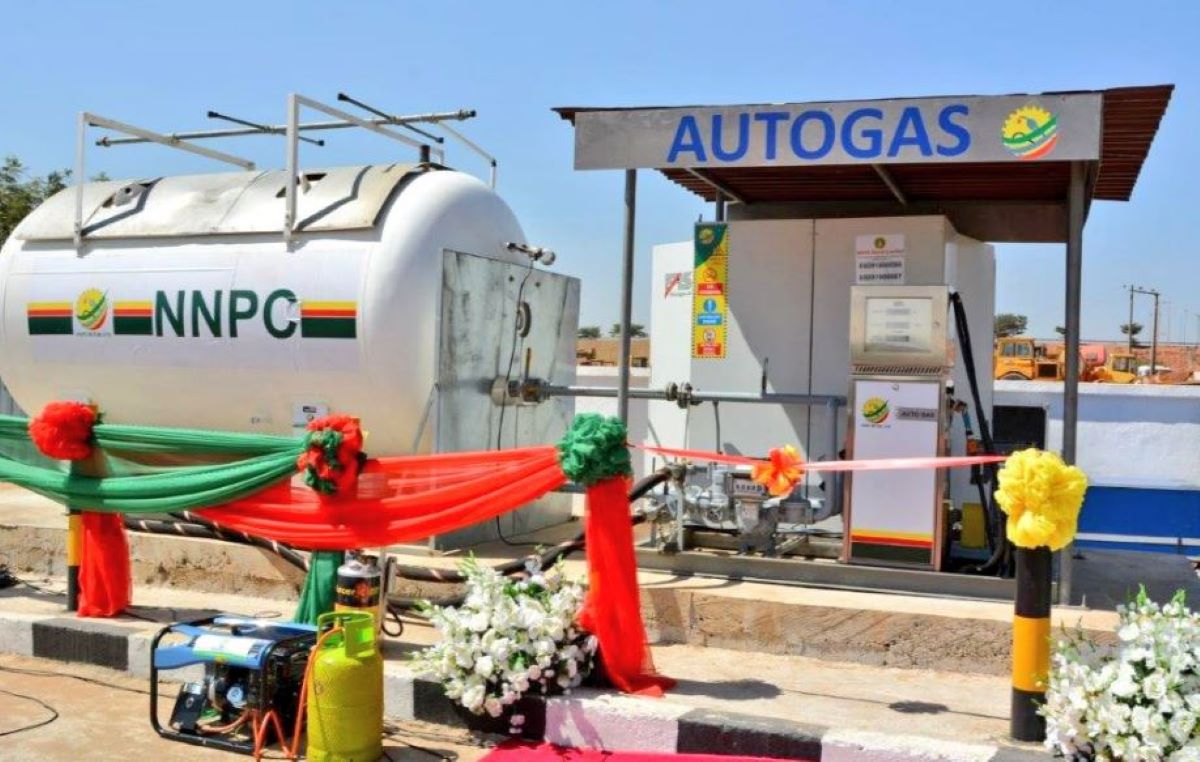The Federal Government of Nigeria released its 8 Presidential Priority Areas after President Bola Tinubu took office. It highlights the most critical areas of change in the country, including the economy and security. The FG has since been focused on economic reforms and security simultaneously, and not winning on either side.
Two years later, the Minister of Defence, Muhammad Badaru, gave an update on security in a ministerial briefing on May 7, 2025.
He pointed out notable improvements in security, particularly in previously terrorized communities in the Northeast and Northwest regions. He also talked about the displaced individuals who are now returning to their homes after they fled due to security concerns.
However, recent data from the Nigerian Bureau of Statistics shows that, while unemployment, inflation, and housing are all urgent, none is more pressing—or foundational than security.
SBM Intelligence reports that a total of over 2,000 deaths were recorded nationwide in the first quarter of 2025. There have been 222 homicides reported, a 25% increase from 177 in Q1 2024. Farmer‑herder incidents up by 64% year on year by the first quarter of 2025.
The consequences of insecurity are far-reaching. Schools are closed in conflict zones, farmers cannot access their land, health facilities are under threat, and transportation is routinely disrupted.
The Case for Prioritizing Security
Although President Tinubu claimed security gains at the two‑year mark of his administration, independent sources estimate over 10,000 violent deaths in that period. They also note ongoing banditry and kidnappings.
Security is the foundation for job creation, investment, and national development. With insecurity rising, local businesses shut down or scale back, while foreign investors become wary. This not only deepens unemployment but also worsens poverty and increases the burden on overstretched public services.
The inflation crisis, particularly in food and transportation, is also linked to insecurity. Farmers in states like Benue, Plateau, and Kaduna face violence or displacement, leading to reduced food supply and soaring prices nationwide.
Simply put, no meaningful economic or social progress can occur without safety and stability.




